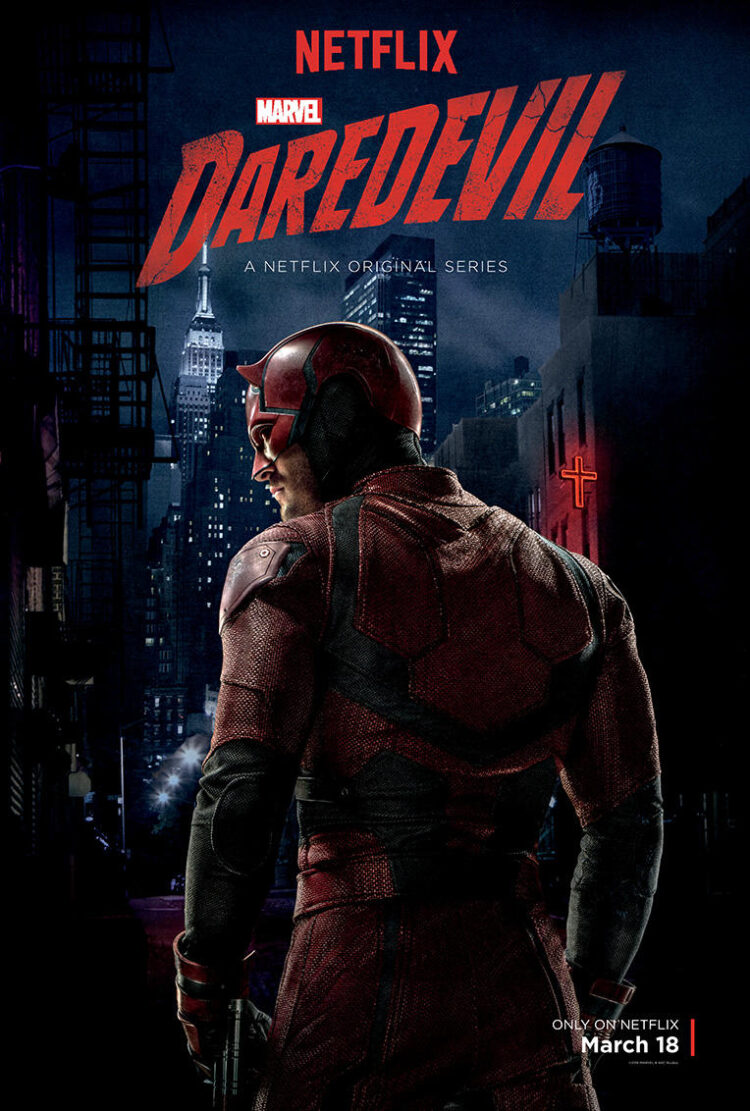 I recently started watching Daredevil on Netflix (yes, yes, I am once again so far behind the curve that the rest of you are lapping me). I’m only three episodes in, and while I’m enjoying the supporting characters, I’m feeling kind of uncomfortable with Daredevil himself, because he strikes me as a perfect example of the “Disability Superpower” trope.
I recently started watching Daredevil on Netflix (yes, yes, I am once again so far behind the curve that the rest of you are lapping me). I’m only three episodes in, and while I’m enjoying the supporting characters, I’m feeling kind of uncomfortable with Daredevil himself, because he strikes me as a perfect example of the “Disability Superpower” trope.
For those unfamiliar, characters that embody this trope are given superpowers that either:
- cancel out their disabilities, making them non-issues OR
- give them abilities that people without a similar disability wouldn’t have anyway.
I also have a visual impairment, but mine is so mild that the only impacts are:
- mascara streaks on my glasses AND
- foggy lenses in the winter
both annoying, but hardly debilitating. So I was curious to know how those with genuine disabilities feel about this trope in general, and the “cure” of blindness in SF/Fantasy in particular… especially because Kristen Cashore, author of Graceling (which I totally adore), was widely criticized for portraying one of her characters in exactly the same way.
Cashore, however, did something pretty unusual – she not only apologized for perpetuating this trope, but did everything she could to portray her blind character more realistically in later volumes in her series.
Here are some of the great blog posts I found on the topic:
I’d love to know what you think about this issue, especially if you’re a writer, and most especially if you’re a disabled person frustrated by representations of disability in books, TV and movies. Please comment!